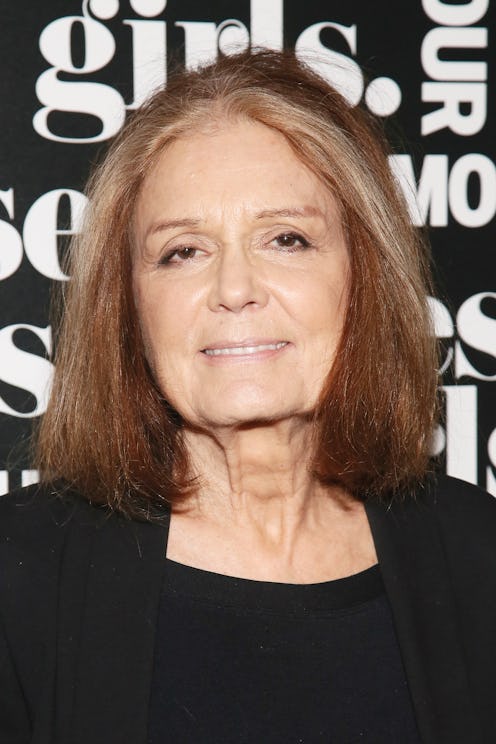Life
Call Me Ms.—Not "Miss"—Robb
Booking my flights home the other day, I had a fairly mindless time filling out British Airways' online form. First name, last name, date of birth—none of these is very controversial. I paused, though, when I reached the “title” field.
Scrolling through the different options, I knew I wouldn’t select “Capt” or “Dame” and I’m definitely not “Rabbi.” But am I a “Ms.” or am I a “Miss”? I paused.
The term “Ms.” was popularized in the 1970s when feminists began to question whether women’s marital status should determine the way they’re addressed. Decades later, the conversation is far from over.
Last year, the French government decided to remove “Mademoiselle” from official forms and registries like insurance claims and voting cards. The use of “mademoiselle”, wrote former Prime Minister Francois Fillon, refers “without justification or necessity” to a woman’s “matrimonial situation." But unmarried English-speaking women in our twenties don’t agree on which term we prefer.
“I think I’ll select ‘Miss’ until I’m 25 or so,” said Alida Davis, 20. “I feel like ‘Ms.’ is supposed to be used if you don’t know if someone is married.”
Miss Polly Hatfield agrees with Miss Davis.
“I’m almost always ‘Miss’ rather than ‘Ms.,’” said Hatfield, 21. “‘Miss’ isn’t something I find offensive or patronizing myself, although if I’m emailing someone I haven’t met I tend to go for ‘Ms.’ as it feels a bit more formal.”
Anne Flanagan, meanwhile, goes by “Ms.” “‘Mrs.’ is married. ‘Miss’ is juvenile. ‘Ms.’ is neutral,” she said. “Men are not defined by their marital status, so why are women?”
Rosa Bennathan, 21, agrees: “I’m definitely a ‘Ms.' For me it’s a why-should-people-know-my-marital-status-from-my-name-thing.”
The choice of honorific is not always a political statement, though.
“I select ‘Miss’, mainly because I’m not sure what ‘Ms.’ is actually supposed to refer to,” admitted Apoorva Thakur, 22.
Back on BritishAirways.com, my cursor hovered, then landed on “Ms.” In a world where women are afraid to call themselves feminists, choosing “Ms.” feels like a subtle way to identify with the women’s movement. (I’ll show those British Airways employees—or the machine that processes ticket orders—something about gender equality!) That’s right, that will be me, Ms. Robb, in seat 22J.
